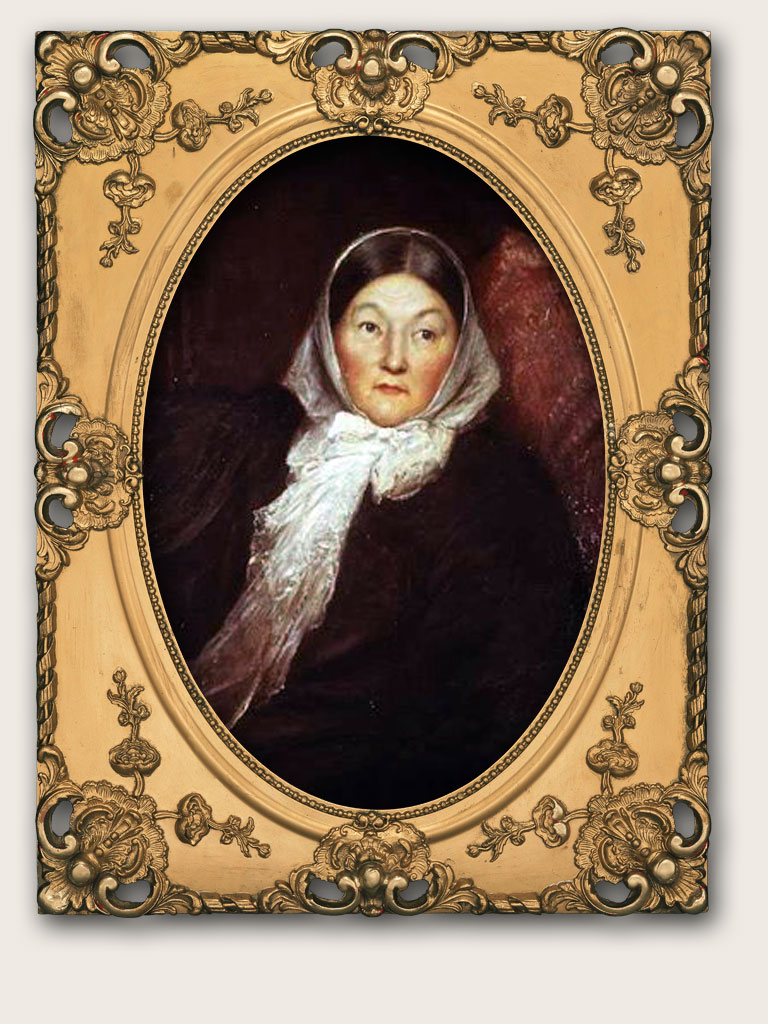Florence Nightingale and District Nursing – Quotes and Sources
‘The History and Progress of District Nursing’ by William Rathbone, London, 1890, Macmillan and Co.
Introduction by Florence Nightingale:
In hospitals and infirmaries they may say, ‘Where everything is provided, it is easy to be clean and airy, orderly and godly, but look at us in our one room – and a sick person in it into the bargain – and with no appliances.’ x
Here the trained district nurse steps in. Here, in the family, she meets them on their own ground. x
The good of an organisation depends on every individual who is in it. School, hospital, coffee-rooms, institutions, district nursing must depend on the living life and love which are put into them. xvi
It is said: pioneers are always best until they become the fashion. Then let each nurse be the pioneer and no one of them the fashion. xvii
The great painter Fuseli was examined as to how he mixed his colours. ‘With brains, sir’ was his answer. The good nurse can often only answer, if examined how she nurses, ‘With brains and heart, sir and with training and practice.’ Xix
Letter from Nightingale to the Duke of Westminster, Dec 16th 1896.
Dear Duke of Westminster
Good speed to your noble effort in favour of district nurses for town and country; and in commemoration of our Queen who cares for all.
We look upon the district nurse, if she is what she should be, and if we give her the training she should have, as the great civilizer of the poor, training as well as nursing htem out of ill health into good health (health missioners) out of drink into self control, but all without preaching, without patronizing – as friends in sympathy.
But let them hold the standard high as nurses.
Pray be sure I will try to help all I can, tho’ that be small, here I will with your leave let you know.’
Letter from Nightingale to W. Rathbone, June 16th 1871.
The very best women ought to be allotted for district nursing where the supervision is and cannot but be of the smallest. [Other women] will do very well in a hospital where proper female authority keeps her in order, or in private nursing where people accustomed to have their own way keep her in more than order.
Letter from Nightingale to W. Rathbone, April 5th 1875.
I re-inclose the printed statistical table: it is the most important document I have seen at all relating to the subject of district nursing … it’s revelations are extraordinary: and by me quite unexpected … showing 1. The extreme severity of the cases nursed by the district nurses. 2. The inevitable consequence of this viz: that you might employ 10 times the number of nurses – really to nurse – and that the cases would find almost more than that with full nursing occupation.
Your printed sheet shows … enough to do to employ fully a large staff of hospital trained nurses to nurse (and alone to nurse) in districts – a larger staff than we had any conception of. Only think what the cases must be when after weeding them into hospital and workhouses the death rate is 153 per 1000!
‘Florence Nightingale’ by Cecil Woodham Smith, London, 1951.
‘Though she had expressed regret that she could not give herself to district nursing, Miss Nightingale held the threads of the movement in her hands. William Rathbone consulted her on every point. ‘In any matter of nursing Miss Nightingale is my Pope and I believe in her infallibility’ he wrote.
‘The district nurse’, wrote Miss Nightingale in 1884, ‘must be trained. She must do the nursing work under Doctor’s orders … But next to this she must ‘nurse the room’ i.e. put it into nursing order so that it shall not hinder the patient’s recover … she should be a friend not the law giver of the family … She must also know – about nuisances which she cannot remedy herself – what is in the province of the Sanitary authorities and give notice at their office. She must know if meat, brandy, etc., is required, where to apply for it (whether Poor Law or Charity) also where, in a very poor place, for blankets’. ‘
Florence Nightingale’s comments on a draft article on district nursing written by Miss Loane (Nursing Notes, October 1910, p. 239)
‘It is needless to say that a district nurse must be even a better trained nurse than a hospital nurse, because she has so much less help at hand. There must be nothing of the amateur about her. She has not the doctor always at hand. She has to teach the patient’s family to carry out her instructions (we hear much more often of the ‘born nurse’ than we find her).’
